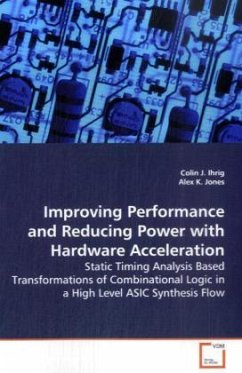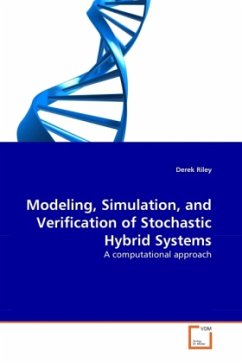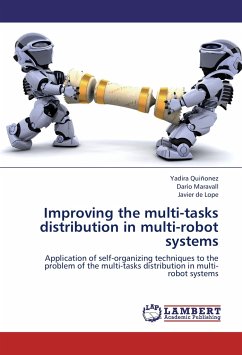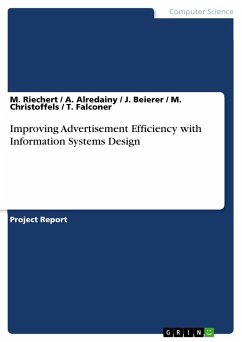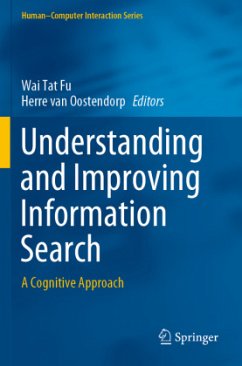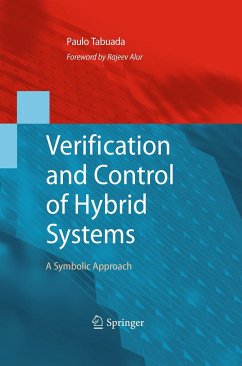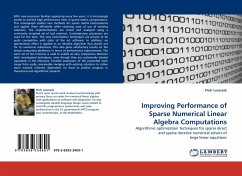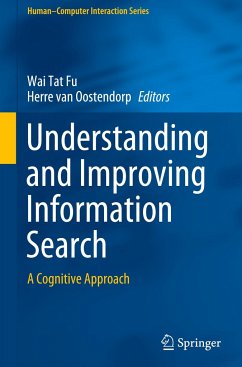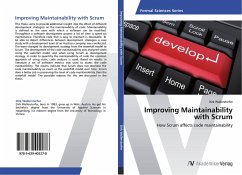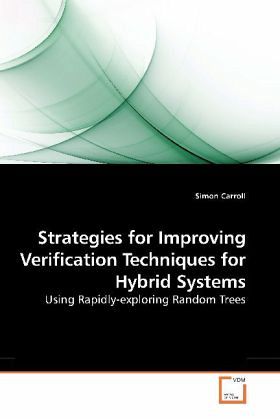
Strategies for Improving Verification Techniques for Hybrid Systems
Using Rapidly-exploring Random Trees
Versandkostenfrei!
Versandfertig in 6-10 Tagen
39,99 €
inkl. MwSt.

PAYBACK Punkte
20 °P sammeln!
In this thesis, we demonstrate techniques to improve upon the Rapidly-exploring Random Tree (RRT) as a tool for planning and verification of hybrid systems. First, we perform experiments that show many planning/verification problems exhibit heavy-tailed behavior, where sampling-based algorithms sometimes require an inordinate number of nodes to solve them. We show that using restarts and multiple trees improves their solution time. Second, we note that for many complex planning/verification problems the hybrid state space admits a natural separation into distinct modes, such that search in one...
In this thesis, we demonstrate techniques to improve upon the Rapidly-exploring Random Tree (RRT) as a tool for planning and verification of hybrid systems. First, we perform experiments that show many planning/verification problems exhibit heavy-tailed behavior, where sampling-based algorithms sometimes require an inordinate number of nodes to solve them. We show that using restarts and multiple trees improves their solution time. Second, we note that for many complex planning/verification problems the hybrid state space admits a natural separation into distinct modes, such that search in one does not help find a path through any other. We use a forest of trees, each tasked with solving a specific mode, to find overall solutions more quickly and with fewer nodes. Third, we solve problems with unpredictable environment changes (because of other agents, unmodeled dynamics, or disturbances) using receding horizon search, where a new path is generated whenever the current path is invalidated.



